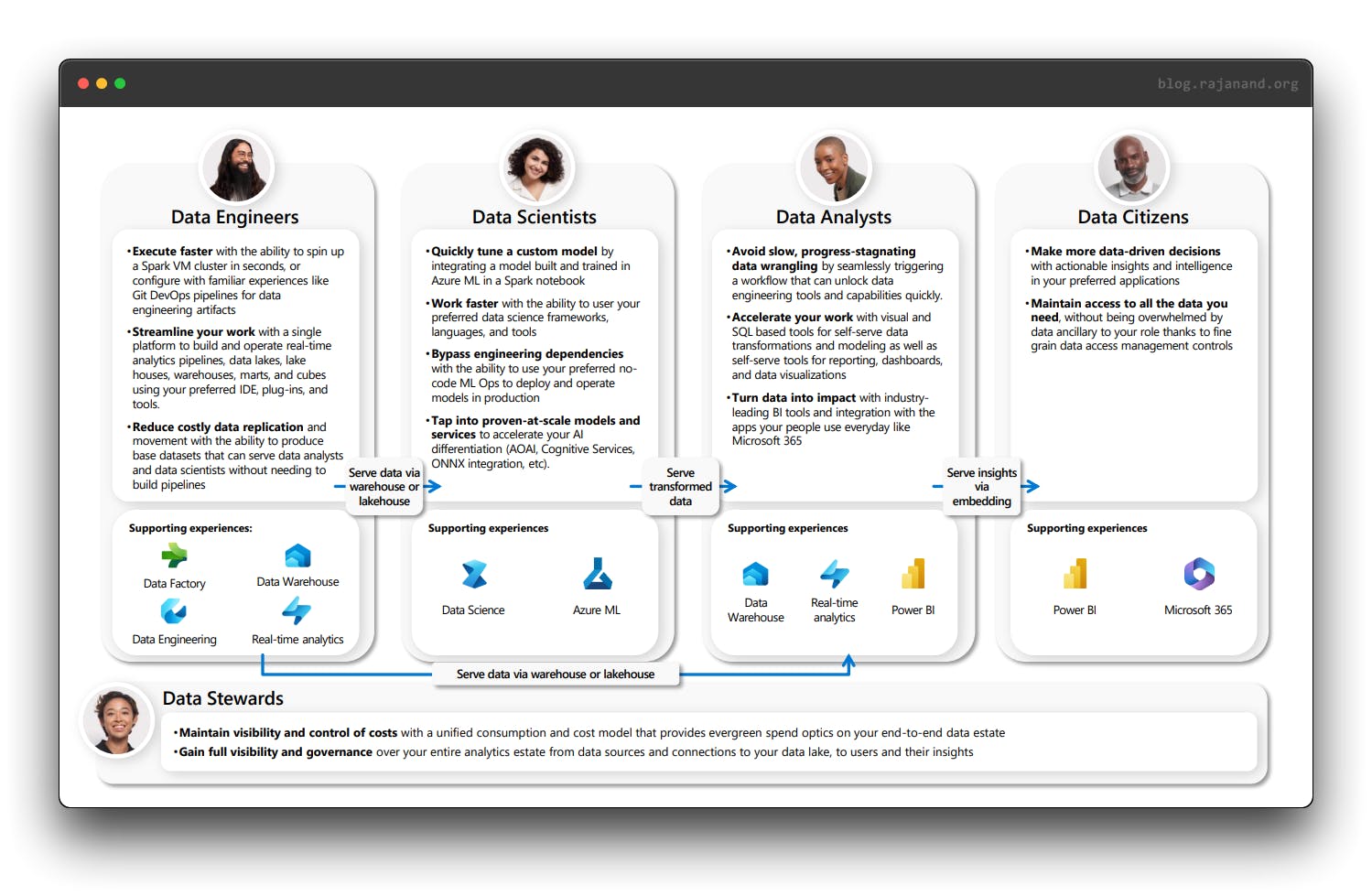Data Engineer
Data is ubiquitous in today's business landscape, and the ability to collect, process, and analyze it is critical to making informed decisions. This is where the role of a Data Engineer comes in.
A Data Engineer is a professional responsible for designing, building, and maintaining the infrastructure and systems required to support the data needs of an organization.
In this blog post, we will explore the responsibilities of the position, the skills required to be successful as a Data Engineer, and the importance of the role in today's data-driven industry. Additionally, we will cover the data engineering project lifecycle and common challenges and pain points faced by beginners in the field.
Responsibilities of a Data Engineer
Data Engineers have a range of responsibilities, but their primary role is to ensure that an organization's data infrastructure is optimized for performance, reliability, and security. Specific tasks that Data Engineers might undertake on a day-to-day basis include data modelling, ETL (Extract, Transform, Load) development, and database administration.
Data modelling involves designing and implementing a logical and physical data model for an organization's data needs. ETL development involves extracting data from various sources, transforming it into a format that can be analyzed, and loading it into a data warehouse or other storage solution. Database administration involves managing and maintaining databases to ensure they are performing optimally and securely.
Data Types and Utilization
Data Engineers work with different types of data, including structured, semi-structured, and unstructured data. Structured data refers to data that can be easily organized and analyzed, such as data in a relational database. Semi-structured data refers to data that has some structure but is not organized in a traditional database format, such as XML or JSON data. Unstructured data refers to data that has no inherent structure, such as images, videos, and text.
Data Engineers utilize this data to build solutions that provide value to their organization. They may develop data pipelines that transform data into a format suitable for analysis, design and maintain data storage solutions such as data warehouses, and create APIs that allow other systems to access data.
Communication and Collaboration Skills
The importance of communication and collaboration skills in the role of a Data Engineer cannot be overstated. Effective communication and collaboration skills are essential for Data Engineers, particularly in working with other members of a data team. Data Engineers need to work closely with data scientists, business analysts, and other stakeholders to ensure that data is being used effectively to solve business problems. They also need to be able to communicate technical concepts to non-technical stakeholders to ensure that everyone is on the same page.
Technologies and Tools
Data Engineers work with a wide range of technologies and tools, including programming languages such as Python and SQL, data warehousing solutions such as Amazon Redshift, Azure Synapse Analytics and Google BigQuery, and data integration tools such as SQL Server Integration Services, Azure Data Factory, Apache Kafka. It is important for Data Engineers to stay up to date with the latest trends and technologies in the industry to ensure that they are using the most effective solutions for their organization's needs.
Data Engineering Project Lifecycle
The data engineering project lifecycle consists of several stages, including data ingestion, data processing, data storage, and data consumption. In the data ingestion stage, data is collected from various sources and brought into a centralized location for processing. In the data processing stage, data is transformed into a format that can be analyzed and stored. In the data storage stage, data is stored in a database or data warehouse. Finally, in the data consumption stage, data is made available for analysis and reporting.
Challenges and Pain Points
Data engineering projects can be complex, and beginners may encounter several challenges and pain points. Some of the common issues include data quality issues, data security concerns, and scalability challenges. Data quality issues can arise when data is inaccurate or incomplete, which can lead to incorrect conclusions.
Data security is another concern, as Data Engineers must ensure that sensitive data is protected from unauthorized access or misuse. Scalability is also an issue, as Data Engineers must design systems that can handle large volumes of data and high levels of traffic.
In summary, the role of a Data Engineer is essential in today's data-driven industry, as organizations rely on data to drive decision-making and achieve their goals. Data Engineers are responsible for managing and processing data, using a variety of technologies and tools to ensure that data is accurate, consistent, and easily accessible. The potential impact of Data Engineering projects on organizations is significant, as they can help to improve customer experience, increase efficiency, and drive innovation in the organization. As such, the field of Data Engineering offers exciting opportunities for those interested in working with data and technology.

